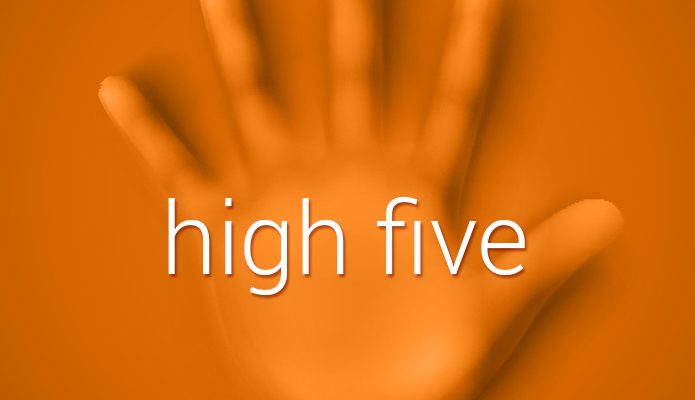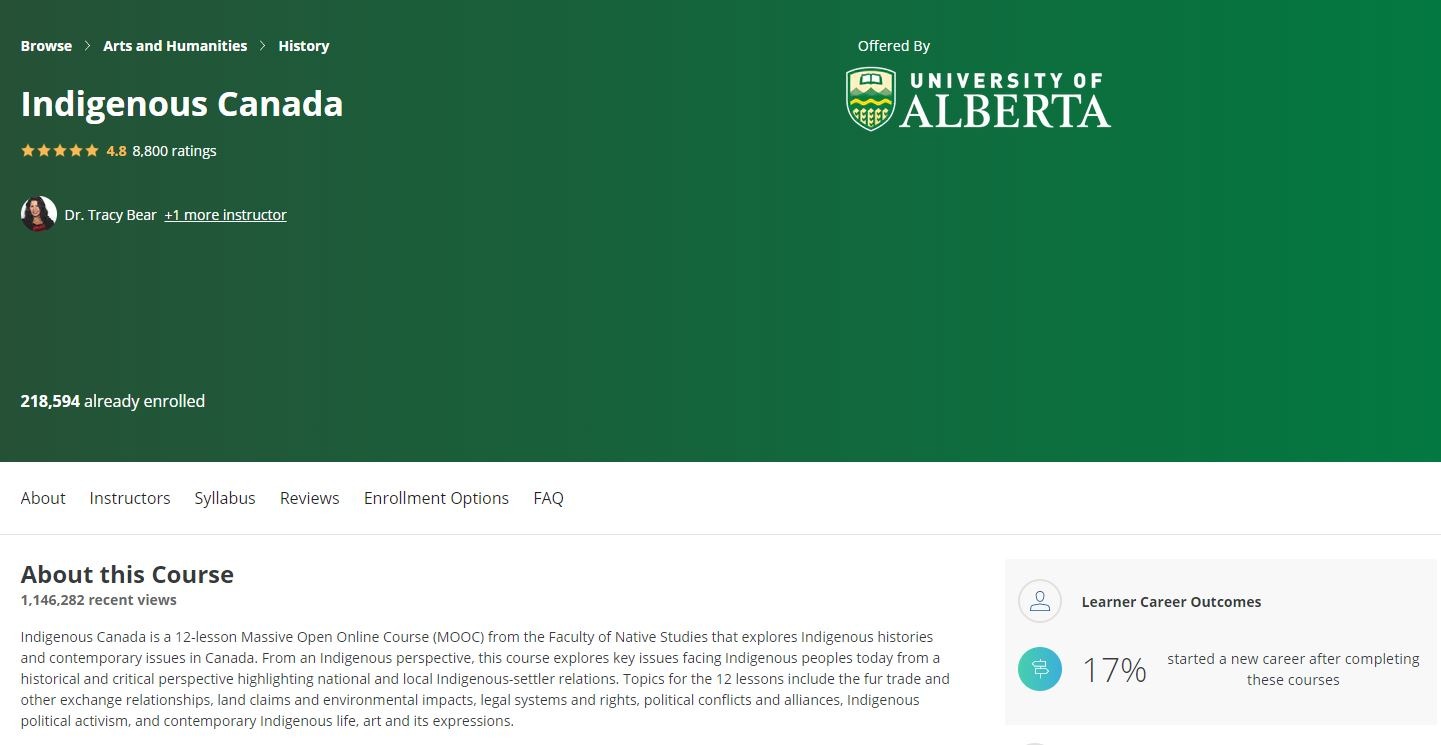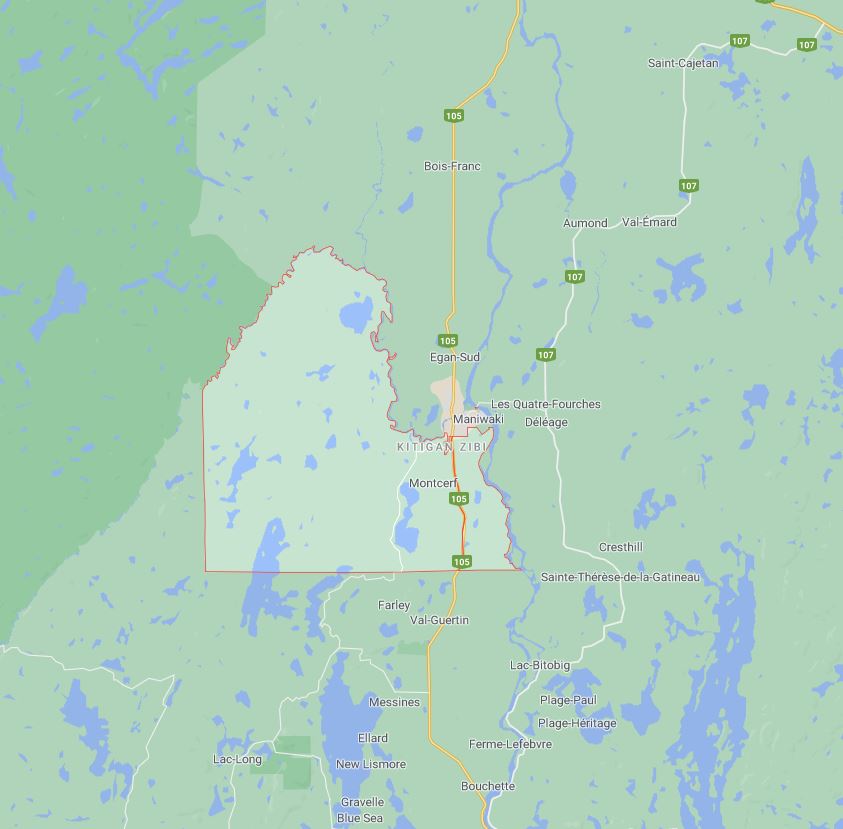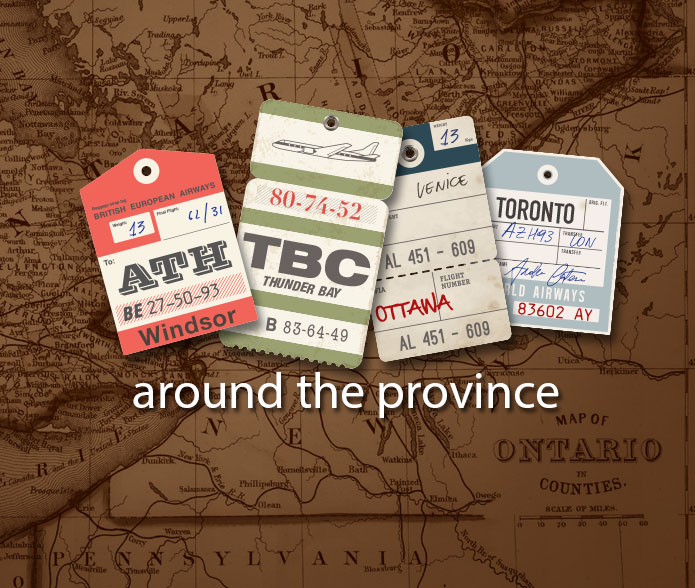Can mentorship help you in a career transition? Toby explores this as he recounts his decision to walk away from a tenure-track faculty position to become a librarian. Through OLA MentorMatch, he met with Jennifer Peters who helped him find where to focus on his job search.

Indigenous Canada: A Massive, Open, Online Course (MOOC) worth taking
Since 2014, Jennifer Dekker has been writing about librarianship with a critical lens, writing about a range of issues including The Truth and Reconciliation Commission, violent conflict data, and “information warfare.”
Introduction
What do the library at the University of Ottawa and Dan Levy, who played David on Schitt’s Creek, have in common? The Indigenous Canada MOOC! Levy participated in the MOOC in spring and summer 2020 and encouraged thousands of other students to join him. Librarians at the University of Ottawa also provided opportunities for colleagues to complete the MOOC in 2019 – 2020 as a way to increase knowledge and build cultural competence. Offered on the Coursera platform, the course is free and covers content related to Indigenous worldviews, histories, and contemporary issues.
As a settler who has direct experience with and formal education in Indigenous histories and cultures, I was impressed with the range of the course material in this MOOC—there were many topics that I had not previously explored. I include here Indigenous approaches to gender and sexuality, the lived experience of lacking traditional foods and dietary changes, and on a more joyous note, Indigenous comedy and satire—among many others. In its multiple topics and approaches, the MOOC mirrors the large numbers of Indigenous cultures and peoples whose homes are Turtle Island.
Pedagogy
The course was co-created by professors Dr. Tracy Bear and Dr. Paul L. Gareau, both of whom work in the Faculty of Native Studies at the University of Alberta. Our group was fortunate enough to have Dr. Gareau as a guest in our first class to introduce the course and the reasons why it was needed. According to Dr. Gareau, the course is intended to educate settlers about Indigenous perspectives on a range of subjects, both historical and contemporary. The foundational pedagogical approach is based on different Indigenous worldviews, but the MOOC curriculum does not generalize. Dr. Bear and Dr Gareau have been careful, intentional, and specific when presenting different traditions, languages, cultures, beliefs and stories so that students can appreciate the many distinctive worldviews represented by specific First Nations, Métis, and Inuit peoples.
There are 12 modules, each one covering a specific theme. The themes include:
- worldviews and origin stories
- the fur trade, treaties (historical and contemporary)
- the Indian Act
- Indian Residential Schools
- Red power
- governance and sovereignty
- land
- gender issues
- urban Indigenous peoples
- current social movements
- living traditions.
Historical content from earlier weeks provides context for understanding many of the contemporary issues presented in the later modules. Each week features a central lecture as the main educational component. Lectures are presented by up to three people depending on the theme and each lecture is complemented by suggested readings for those who wish to pursue learning beyond the lecture.
Visual and audio presentation
Indigenous Canada is richly visual, with beautiful design elements and professional presenters with diverse voices and perspectives. Each section of a module is accompanied by a recognizable song that introduces and concludes the section. The lectures are broken up into short segments and include interviews with Indigenous individuals who generously share their experiences and knowledge. The richness of voice and experience rounds out the lecture content. There is also an accompanying interactive artwork by Leah Dorion that complements the course and whose various components are discussed at the end of each module.
Implementation at the University of Ottawa library
The course is one of the most popular on the Coursera platform, with more than 250,000 enrolments as of January 2021. Library staff at the University of Ottawa were invited to take this course as a group beginning in June 2019. Although the course was designed to be completed in 12 weeks, we decided that we would create space between the modules to allow for busy work schedules. We were able to have nine modules completed in person before our library system shut down in March of 2020 due to the Covid-19 pandemic, and we offered the last three sessions through Microsoft Teams.
Each month, there was a dedicated group of learners in our cohort, and the group size ranged anywhere from eight people to nearly 30. We met in different rooms on campus in order to make attendance easier for those working in different physical locations. We offered the modules at different times and on various days of the week for the same reason. There was an opportunity at the end of each module for discussion, but staff were not always able to stay as each module takes at least an hour and a half without including the time to discuss content. Furthermore, some modules required reflection and not everyone was ready for discussion immediately after being exposed to new material. One shortcoming of the MOOC for library staff at the University of Ottawa is that it is in English only. Our library staff is bilingual with many who would prefer to learn in French.
Our plan for the last module was to have an Elder from a nearby Algonquin reservation, Kitigan Zibi, attend, so that we could conclude our communal learning in a way that honoured ourselves, our dedication to the course, and to the Algonquin peoples who are the traditional keepers of the land where the University of Ottawa is situated. We were not able to do that in 2020, but it would have been a fitting conclusion to this rich course.
Librarians have implemented the Indigenous Canada MOOC for both library staff and patrons in other settings. In particular, Debbie Feist and Kim Bates at the University of Alberta, Camille Callison at the Canadian Federation of Library Associations (see the CFLA and CAB website for a MOOC implementation guide), and Stacey Buga at the Morinville Community Library (AB) were especially helpful in our planning of the course.
The Truth and Reconciliation Commission of Canada noted that in order for respectful relationships to be created between settlers and Indigenous Peoples, both education and action are required. The Indigenous Canada MOOC offers an educational opportunity that is vibrant, wide-ranging in its subject coverage, and free for all.
Jennifer Dekker is a research librarian at the University of Ottawa serving the Faculty of Arts. She can be reached at jdekker [at] uottawa.ca. She is the author of the High 5 column for Open Shelf.

 Google maps
Google maps